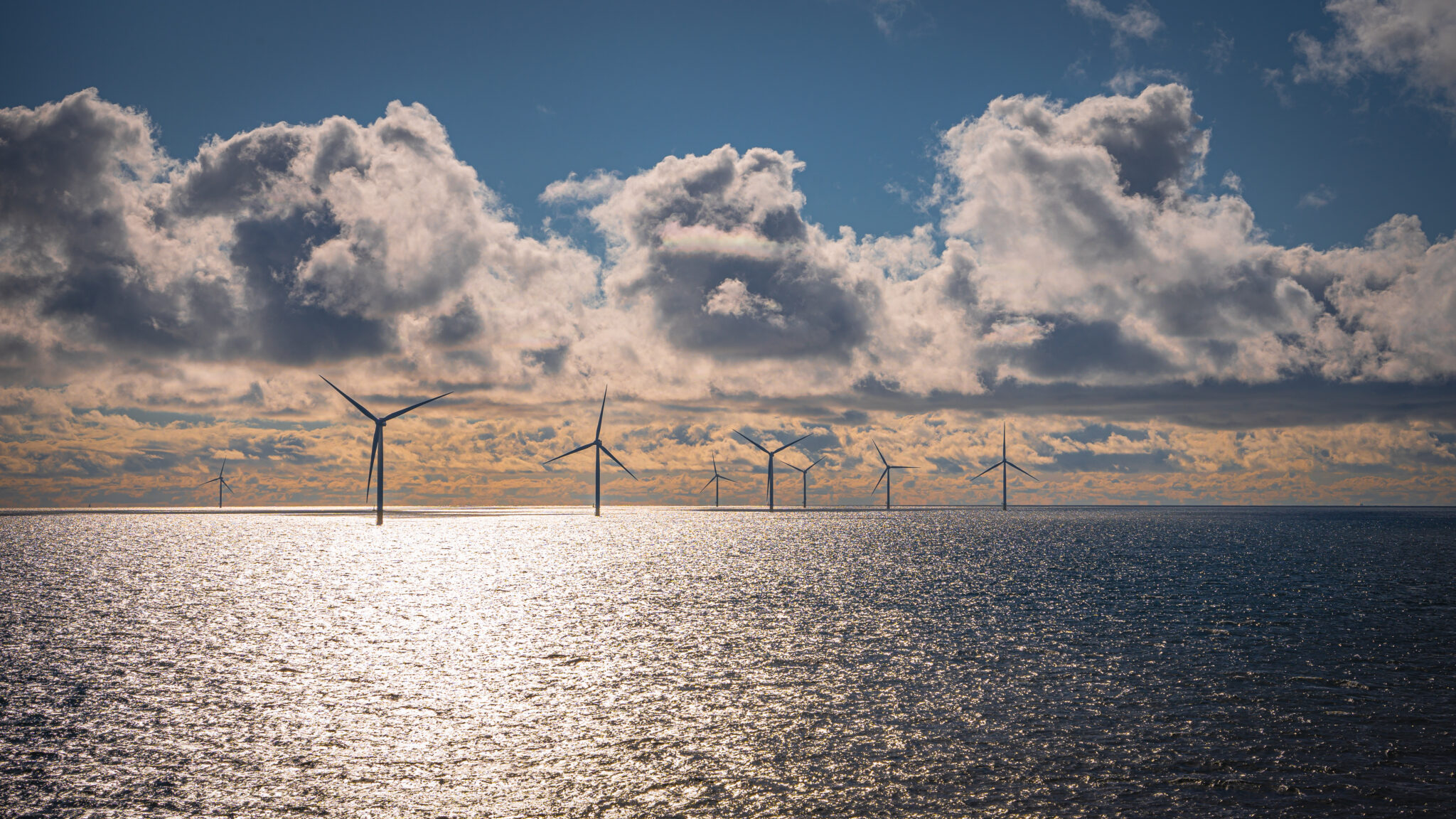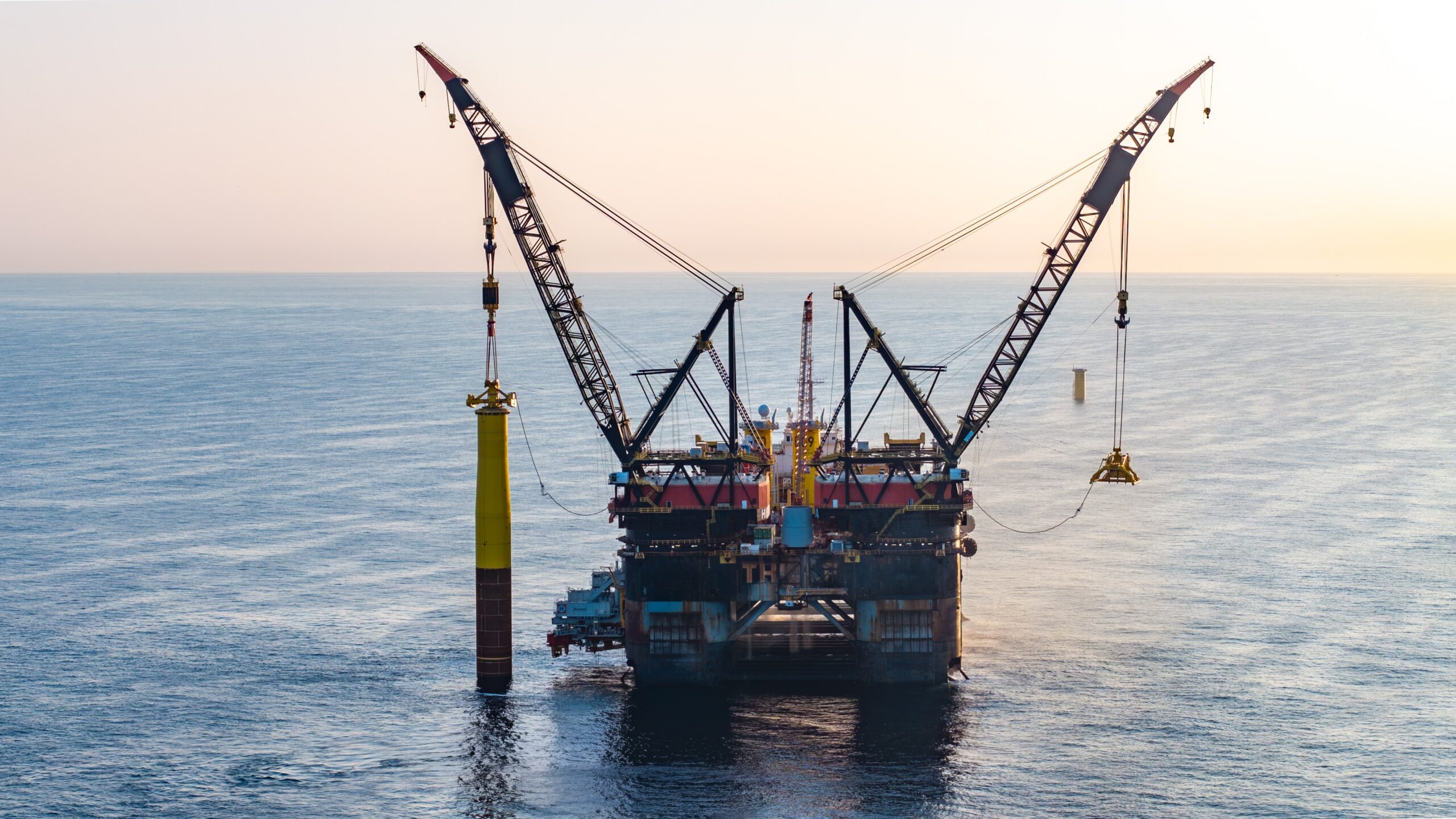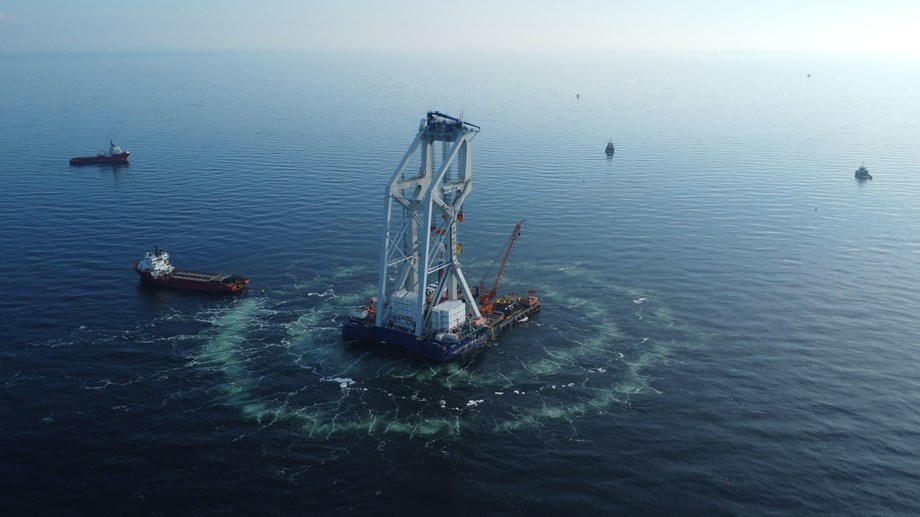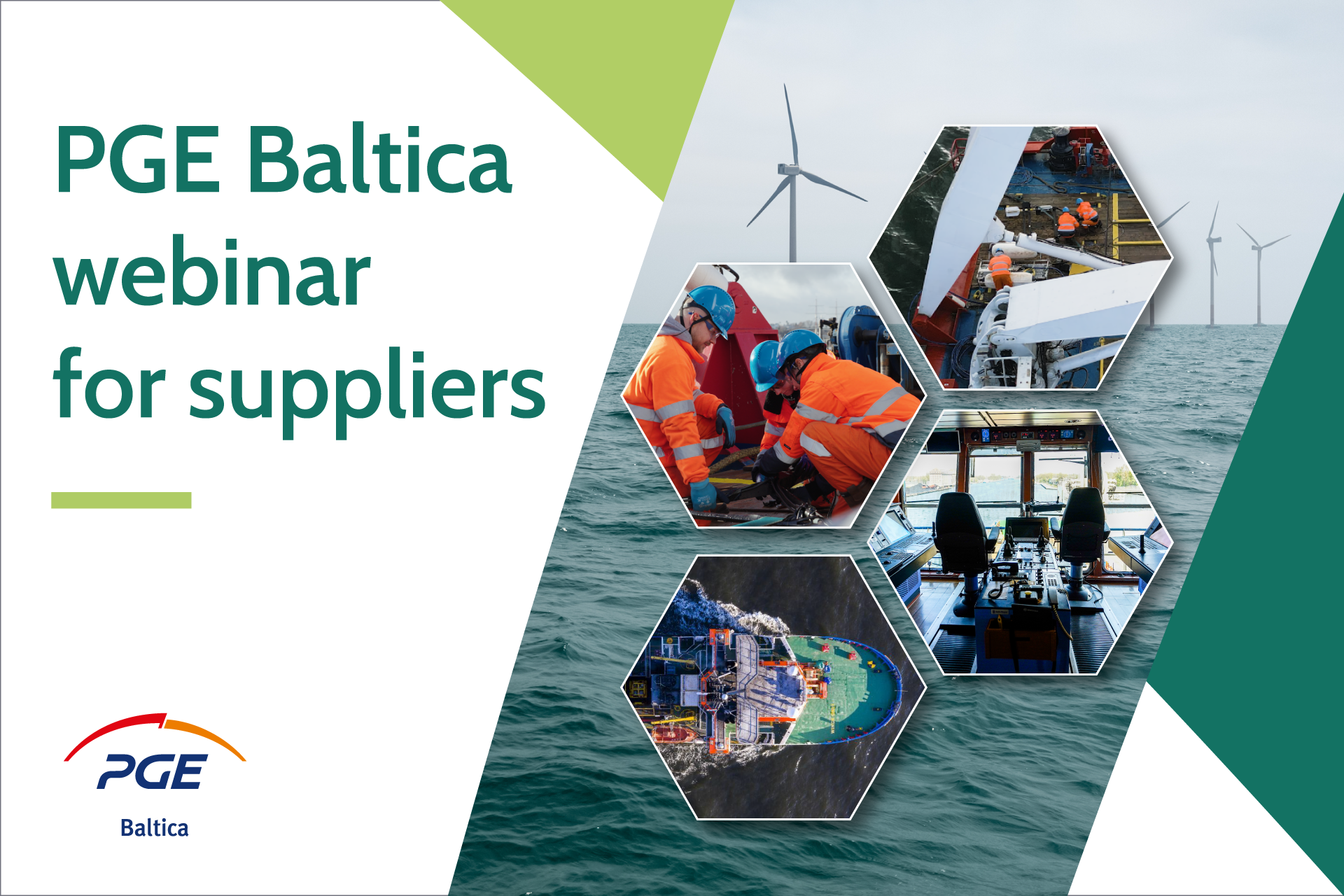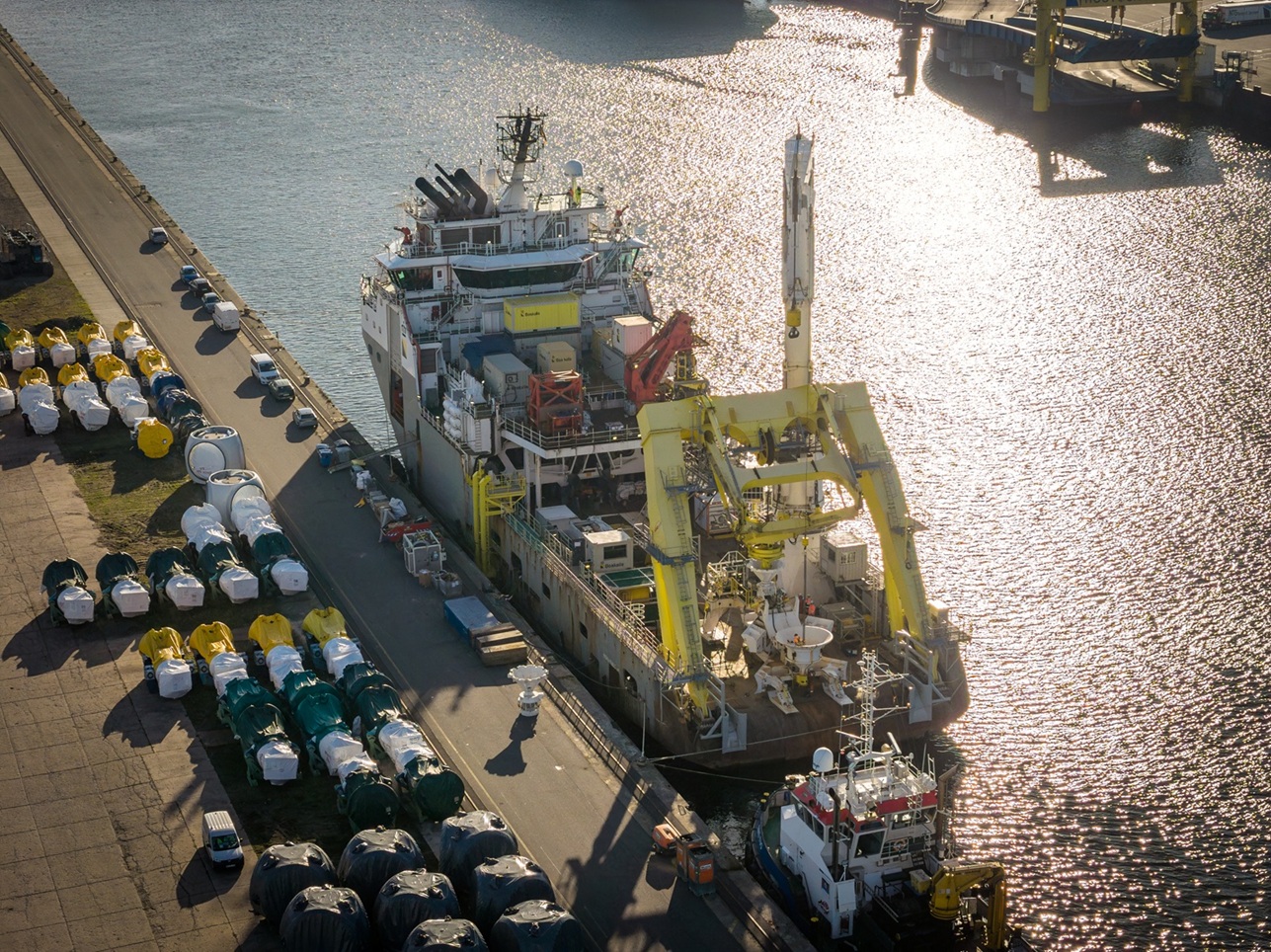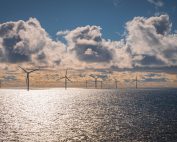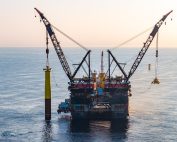The Government of the Republic of Lithuania has approved the updated National Energy and Climate Plan 2021-2030 (NECP) submitted by the Ministries of Energy and Environment.
In line with the requirements of the European Union Regulation on the Governance of the Energy Union and Climate Action, the updated document sets out targets and measures that Lithuania will pursue until 2030. After a draft of the updated NECP was submitted to the European Commission in July last year, an assessment and 19 recommendations for improving the document were received in December.
Lithuania was identified as one of the few EU countries whose renewable energy and energy efficiency plans exceeded or were in line with EU targets. Lithuania was also the only one that did not receive comments from the European Commission on the public consultation process.
Their prepared plan is the only one that meets the requirements of the National Energy Independence Strategy adopted by the Lithuanian Seimas in June this year, which not only sets ambitious goals for Lithuania to become a regional leader in sustainable energy, but also enhances the country’s security.
Minister of Energy Dainius Kreivys stressed that the plan will not only help Lithuania achieve full coverage of its electricity needs from renewable sources, but will also contribute to the transformation of the entire energy sector and take into account the needs of the most vulnerable groups in society. Wind energy, due to its scale and capabilities, will play a central role in this transformation.
This summer, the NECP and its Strategic Environmental Assessment were the subject of multiple public consultations. There was great interest from the social partners, who submitted almost 330 proposals and comments, most of which were taken into account. The growing involvement of citizens, businesses and institutions shows that the fight against climate change is a priority and of strategic importance.
Minister of Environment Simonas Gentvilas emphasised that Lithuania, working with more than 300 social partners, has developed a feasible decarbonisation timetable that envisages a 21% reduction in greenhouse gas emissions by 2030 compared to 2005. The implementation of climate commitments will also bring economic benefits, contributing to GDP growth of 2.4% and increasing the country’s competitiveness.
Once approved, the NECP will be immediately sent to the European Commission, joining 11 other EU Member States that have prepared their own updated plans. EU countries will start preparing their National Energy and Climate Action Plans for the next period 2031-2040 in a few years and will have to approve them by 1 January 2029.
Source: Ministry of Energy of the Republic of Lithuania



